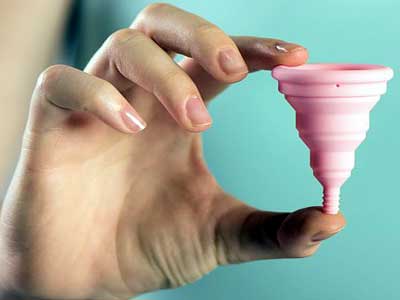When cost isn’t an issue, women will choose more effective, long-term methods of contraception, according to Penn State College of Medicine researchers.
Read MoreWomen


Oral contraceptives increase the risk of ischemic stroke, but this risk is very small among women who do not have other stroke risk factors, according to a comprehensive review in the journal MedLink Neurology by Loyola Medicine stroke specialists.
Read More
For the past 50 years, researchers have known that girls who get their periods earlier than their peers are more psychologically vulnerable as teenagers. They have more frequent and severe mental health problems, from depression to anxiety, eating disorders, delinquency, substance abuse and failing or dropping out of school. But next to nothing was known about how long those problems last.
Read More
In a study involving girls between the ages of 14 and 16 in Kenya, researchers compared girls who received only menstrual hygiene counseling with girls who were provided the menstrual cups. After one year, the girls using the menstrual cups showed a 35 percent reduced prevalence of bacterial vaginosis, a very common bacterial infection, and a 52 percent reduction in sexually transmitted infections.
Read More
New research finds young women who value their own desires as much as their partner’s, are less likely to engage in an unwanted sexual activity.
Read More
Women with asthma who only use short-acting asthma relievers take longer to become pregnant than other women, according to international research led by the University of Adelaide.
Read More














